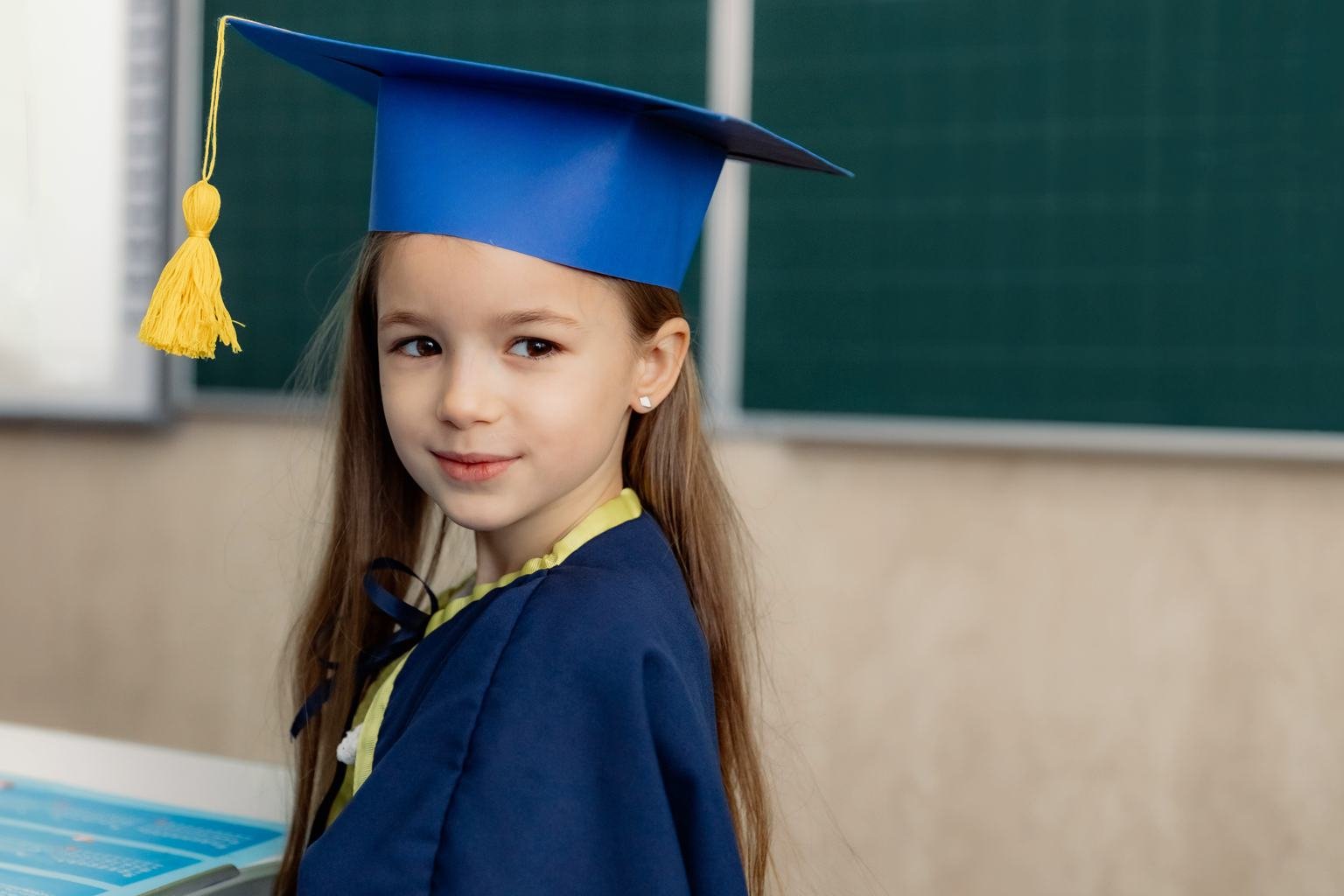Why learning a musical instrument is a powerful skill for kids
Imagine your child unlocking a secret superpower that boosts their brain, creativity, and resilience—all while having fun. That superpower is learning a musical instrument. Experts and studies agree: starting music lessons early sets kids up for success in pretty much every area of life.
Learning to play an instrument, whether it’s the piano, guitar, or trumpet, lights up nearly every part of the brain. It develops motor skills, pattern recognition, emotional control, and creativity. Beyond notes and scales, it rewires the brain in a way that helps with everything from problem-solving to managing emotions.
A breakthrough moment for me was watching my niece struggle with learning the violin. At first, she wanted to give up every day. But slowly, as she pushed through those tough spots and kept practicing about 20 minutes daily, I witnessed her transform. Not just in skill but in focus, patience, and confidence. It’s a lesson that belongs to all of us: mastery is built from small, steady steps fueled by love for what you do.
What happens if you drink beetroot juice every day for a month? Surprising benefits revealed
How music teaches kids valuable life skills beyond the notes
One of the most fascinating things about playing an instrument is how it helps kids visualize success. Musicians don’t just practice physically—they imagine the stage, the sound, and their own performance long before it happens. This mental rehearsal is a game changer. It trains their minds to create their own realities and not simply react to whatever life throws at them.
Music also teaches a special respect for time. When kids practice, they learn how precious focused time is. It’s not about rushing but making every minute meaningful. This awareness shapes everything they do, from how they manage school projects to meaningful conversations with friends.
Facing hard parts in music—the notes they don’t like or the tricky rhythms—also shows kids how to embrace discomfort. Instead of avoiding frustration or failure, they learn that stubbornness and patience turn struggle into skill. That lesson is invaluable in life’s many other challenges.
Building emotional intelligence and innovation through music
Playing music is much more than hitting the right keys or strings. It’s about controlling your emotions and using sound, rhythm, and breath to shift how you feel inside. This skill extends far beyond music. It helps kids manage stress before a big test or stay calm in tough social situations.
Boredom, too, is viewed differently by musicians. When practice feels dull, it’s a signal that they need a new goal or approach. This mindset—that boredom is just a nudge for meaningful challenge—can transform how kids tackle all kinds of tasks.
Creativity blooms when players get stuck. If their fingers don’t stretch or the rhythm trips them up, kids improvise, find new paths, or even compose their own music. This teaches an invaluable life lesson: when you can’t follow the map, make one. Innovation isn’t a mystery; it’s a response to obstacles.
Finally, music rises a higher bar for quality. Once kids hear the difference between okay and exceptional, mediocrity feels less acceptable. They learn to expect more from themselves and from others, driven by respect for what’s possible—not perfectionism.
New study shows laws banning plastic bags cut their use by up to 47 percent
Music also reminds kids that creation is not just about themselves. Playing for an audience teaches empathy and communication. Their work becomes a way to connect, inspire, and move others.
Even if you never learned an instrument as a kid, adult brains can adapt. It’s never too late to start. Pick an instrument that moves your heart, commit to daily practice, and celebrate progress over perfection.
Has music shaped your life or your child’s? What was the biggest lesson learned from that experience? Share your stories or questions below—let’s explore the powerful impact of music together.

Playing guitar has moved me emotionally and given me deep concentration I didn’t have..
It’s my power of communication
and ability to write my own songs displaying thoughts and messages to my audience.
Parental guidance is extremely cardinal to every child from their Adolescent period per se
Educational Psychologist Term it as” Cognitive Learning
M child either shakes his head or wave his hand when he hears sounds. I guess he could be a good organist.
Music has been such a positive element in raising our daughter – from building language, sound and rhythm skills, also has been such a connecting force in our relationship. Sharing the love of music and learning about her taste in music has been nothing short of beautiful.